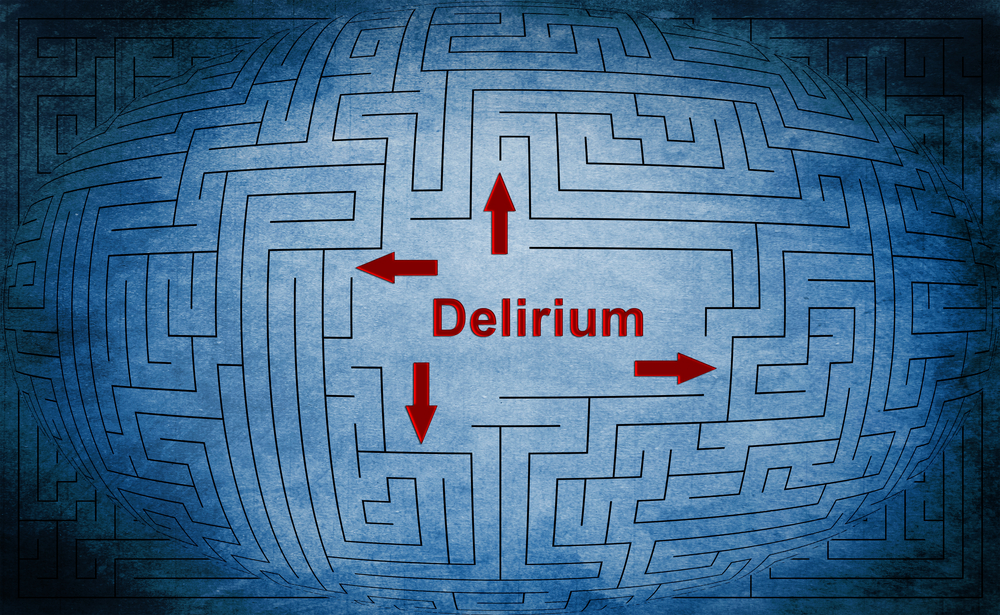I frequently have the challenge of sifting through hospital records to try to identify what’s going on with a new admission to a long term care facility. It can be a struggle to find pertinent information. Delirium frequently happens in the elderly due to infection, pain, medications, etc. 79 year old male was admitted to a long term care facility on Seroquel (quetiapine) 50 mg at bedtime. In review of this gentleman’s hospital record, I was able to identify that he was diagnosed with acute delirium (pulling out his IV’s, change in mental status and threatening staff). This was a fortunate case where I was able to identify when and why the Seroquel was started. When I get to work with the patient’s medication list, I’ve seen so many cases where someone is on an antipsychotic (Risperdal, Haldol, etc.) from the hospital, and often the records are unclear as to why the patient is on that medication. Delirium is a SHORT TERM change in condition! When I question nurses about cases like this weeks later, the usual response I get is they are doing fine without issue. A patient should not need a long term antipsychotic for treatment of delirium and it is vital to understand when and why medications were added. It can really help you identify which medications we can possibly get rid of or reduce.
Treating Delirium

3 Comments
Trackbacks/Pingbacks
- Lexapro Case and Antipsychotic Use - Med Ed 101 - […] Another case of inappropriate Antipsychotic use […]
Submit a Comment Cancel reply
This site uses Akismet to reduce spam. Learn how your comment data is processed.
Written By Eric Christianson


In that antipsychotics are potentially rather dangerous to elders, I’d consider your project in this piece a high priority. Other than sedating a patient, it’s not entirely clear to me that antipsychotics should have been given at all.
i also want to share my experience at emergency, a patient came with delirium by bhang or cannabis then was treated by iv diazepam.then it was treated with in an hour.
Delirium is a really tricky diagnosis to provide a clear treatment for. The use of benzodiazepines in my opinion has little to no evidence base for delirium management. Management should focus of identifying the precipitant and then thinking about the underlying predisposing factors a given patient may have. A holistic, comprehensive assessment is needed together with supportive and attentive care from everyone looking after the patient.